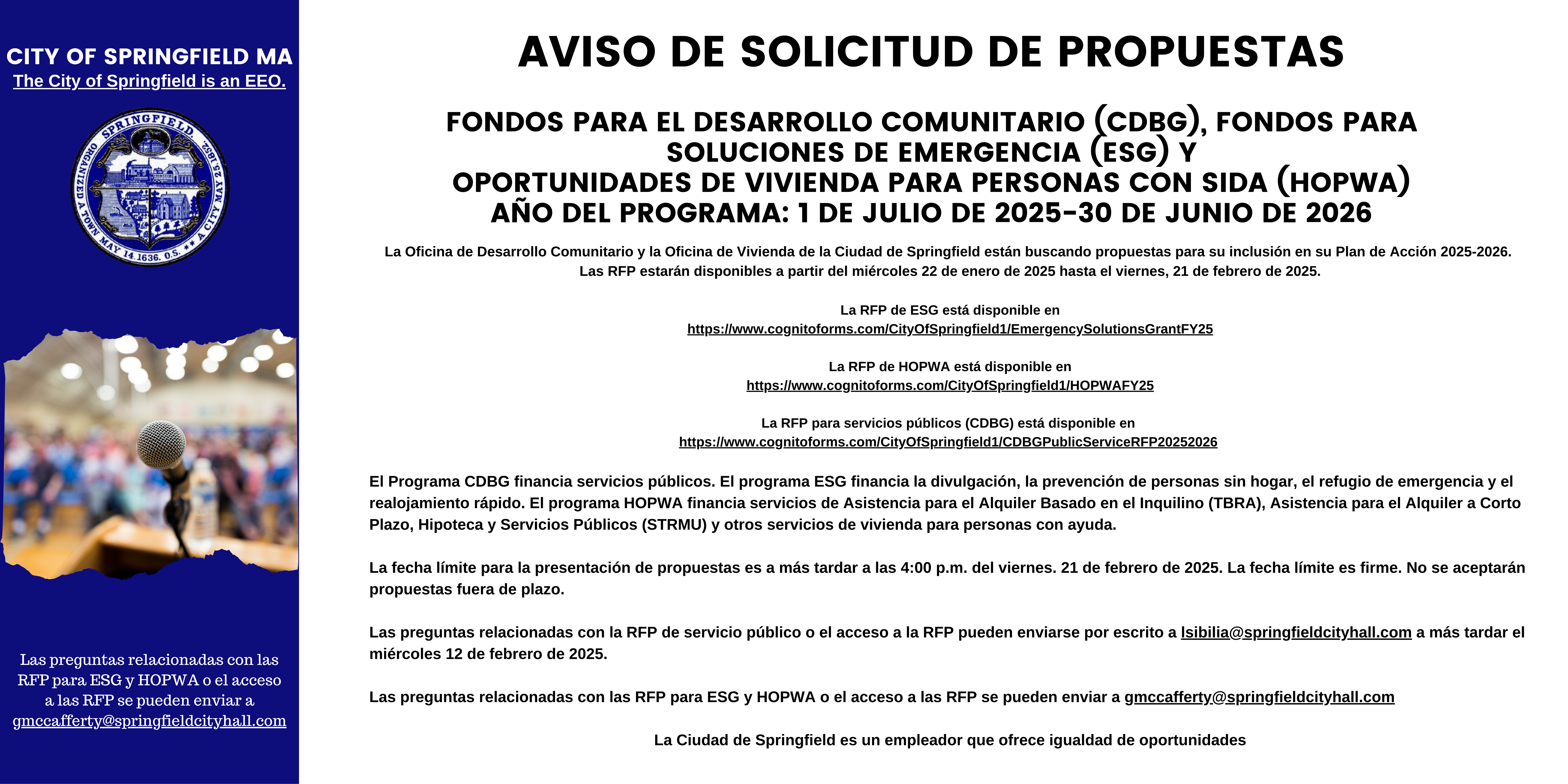By Nicole D. Batey,
Special to the AFRO
Black Twitter burst into flames recently, as Black women responded to multiple rumors swirling around The Honey Pot Company and Beatrice Dixon, CEO and co-founder of the company.
Supporters quickly began to denounce the brand once allegations surfaced that Dixon had not only changed the ingredients to her products, but sold the brand all together.
Users posted photos of the old ingredients listed on the back of the bottle next to the ingredients on the back of the new bottle. Many consumers have claimed negative skin reactions to the new wash formula recently put out on shelves.
“Please help me understand why the sensitive wash is not sensitive anymore,” Erica Bracey asked the brand on their public social media account. “It’s causing irritation. I’m not the only one who has experienced this irritation.”
Tonyka James said that she recently purchased bottles of both the “normal” and “sensitive” feminine wash. “I am now experiencing burning when I was not before,” she said on the Honey Pot Facebook account. “Someone brought to my attention the changes that were made. My body can distinctly tell the difference from then and now. Wish I could continue to use it.”
Time and time again, the Honey Pot social media team responded individually to the claims. Many customers were told that “some bodies may take time to adjust to a new product” while others were told that the changes were made “under the guidance of experts and robust research.”
“We did not compromise the safety or efficacy of the formula,” the company said repeatedly as they responded to complaints about the formula change and claims of skin irritation.
“The formula remains to be pH balanced with no added parabens, dioxides or sulfates. The apple cider vinegar was organic and continues to be organic in the current formula. The wash is still plant-derived.”
The company also said some of the old ingredients are “now listed in their formal scientific names.” Some consumers expressed concern because while the company says it has “no added parabens,” the words and images that relayed that message on the actual bottle have disappeared.
Dixon directly addressed the changes and rumors of a new owner in a 13-minute message to consumers, posted to her Instagram account.
“The Honey pot is still owned by my brother, myself and our team. We have updated the wash formula for good reason. I’ll explain some of the new ingredients but I also acknowledge we should have shared more communication about the updates,” said Dixon in the video. “I am a human and this brand is me, through and through. We built this- us and you.”
Dixon assured customers that the new formula “is what it was designed to be- which is safe, beautiful and even more effective. We realize we should have communicated more directly,” she said, adding that the company expedited plans to reformulate the wash due to the threat of global supply chain issues.
“We prioritized getting back in stock with this new wash and we didn’t do enough to educate.
We see why you feel slighted,” said Dixon.
Dixon’s company came under fire in 2020 after an advertising campaign for her Target debut was met with criticism and claims of racism.
“The reason why it’s so important for Honey Pot to do well is so that the next Black girl that comes up with a great idea, she can have a better opportunity,” Dixon said in the Target ad. “That means a lot to me.”
A large number of white women took issue with Dixon saying she wanted to be a role model for Black girls and aimed to have the Target deal canceled- that’s when Black women stepped in.
In an overwhelming response, African- American women and their allies bought the product in such large quantities that some of the inventory had to be backordered and wasn’t seen again on shelves for months. The slew of negative reviews from detractors were washed out by positive reviews and the sheer buying power of the Black women.
As a result of their faithfulness, rumors of a change in ownership and a change of ingredients sent Black women who support the brand into a tizzy. Some users also noted how the company had been communicating with customers for months about the delay in restocking products, but never mentioned that they were actually also reformulating the product.
“I would have preferred to clearly know so that I could make the decision myself on whether to continue to purchase the wash,” said April Martinez. “ Instead, I found myself perplexed as to why I was irritated and had to visit my gynecologist. I sat here doing that same trial and error routine just as I did prior to finding your products. If I would’ve known, I would still have purchased but been aware that the change in my body is from the wash and I would’ve started from there.”
“Although the ingredients added might not be harmful or irritating to most, I am one that it affected,” continued Martinez. “The wash is most definitely not going to be a repurchase.”
Although the rumor upset many supporters, many women came to Dixon’s rescue.
“You can never please everybody, this is your journey and along the way you learn how to handle situations and make the best decisions,” said Michele Grant. “Never give up, be proud of self, stand by your brand and products, the Universe will work out the rest.”
Many women also called out others for bombarding Dixon with negative comments, without a true understanding of business practices or the science behind many of the health and beauty products already being used.
“I wanted to weigh in on The Honey Co. change in formulation,” said cosmetic chemist and licensed esthetician, Éliane Treadwell, owner and lead chemist of Relevant Laboratories, LLC. “The original formula, based on the preservative system, didn’t offer long shelf life. Phenoxyethanol, sodium benzoate, caprylyl glycol, and ethylhexylglycerin are all safe and naturally derived preservatives. These preservatives are found in most “natural” based products.”
Treadwell also added that “lactic acid is a safe pH balancing acid that offers your product more stability as well. Cocamidopropyl betaine is a natural surfactant derived from coconut oil. It is a widely used surfactant because it has a great pH range.”
“Overall, she created a safer and more sensitive product for the skin,” Treadwell concluded. “Her product remains 90 percent, if not more, naturally/plant-based derived. Before you guys drop this brand, consider doing some research.”
Syreeta Johnson Scott of Reeta’s Organics, a Black-owned plant based natural hair and skin care company, said that some might find peace once they understand how “Big Box” stores like Target and Walmart work with entrepreneurs like Dixon.
“Understanding mass-production, manufacturer’s terms and Big Box stores’ policies may ease your outrage and disappointment with Honey Pot. It’s unfortunate, but when you sign on to join Big Box stores, the very first thing they do is check your recipe or formulations to see how to cut the cost of production.”






